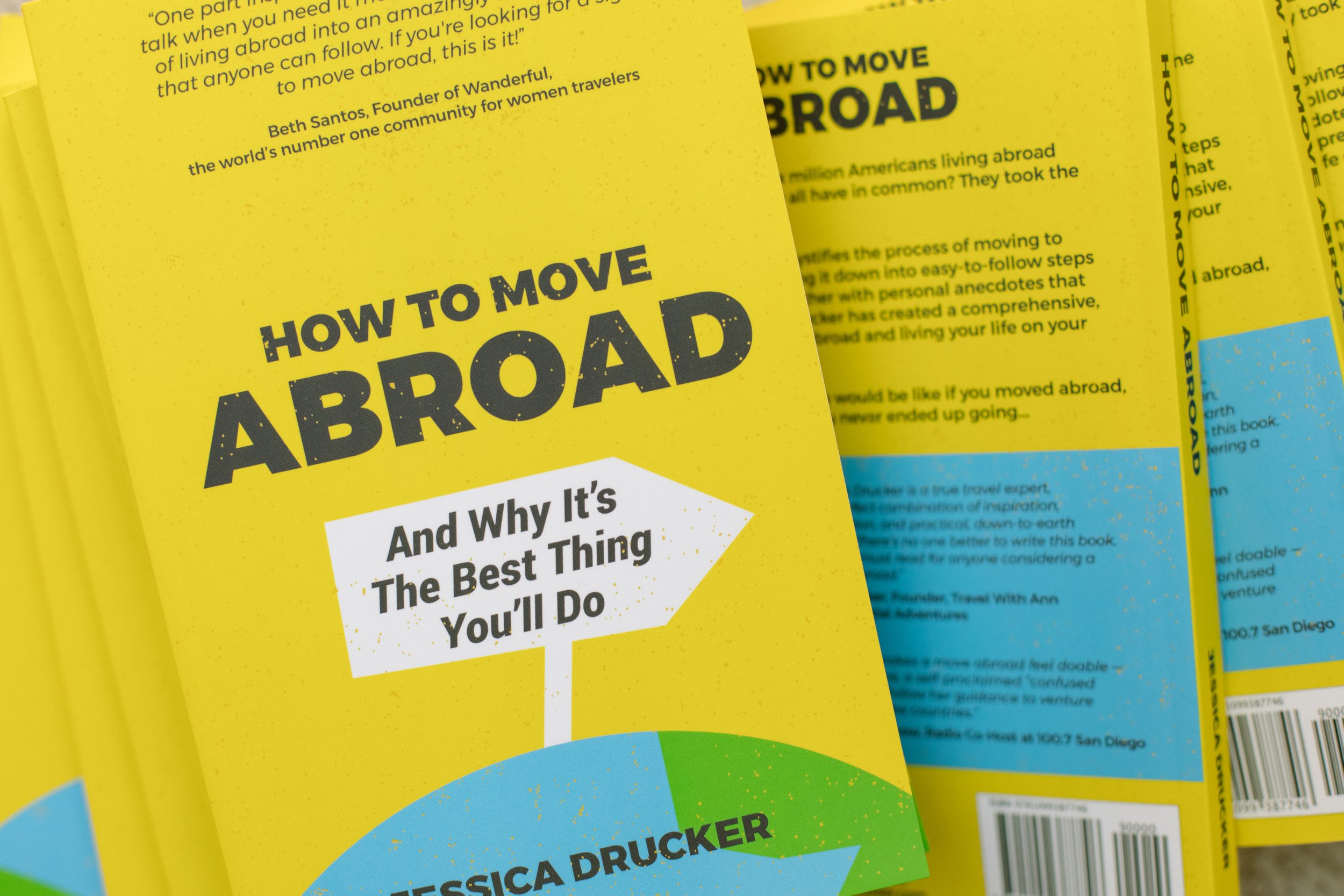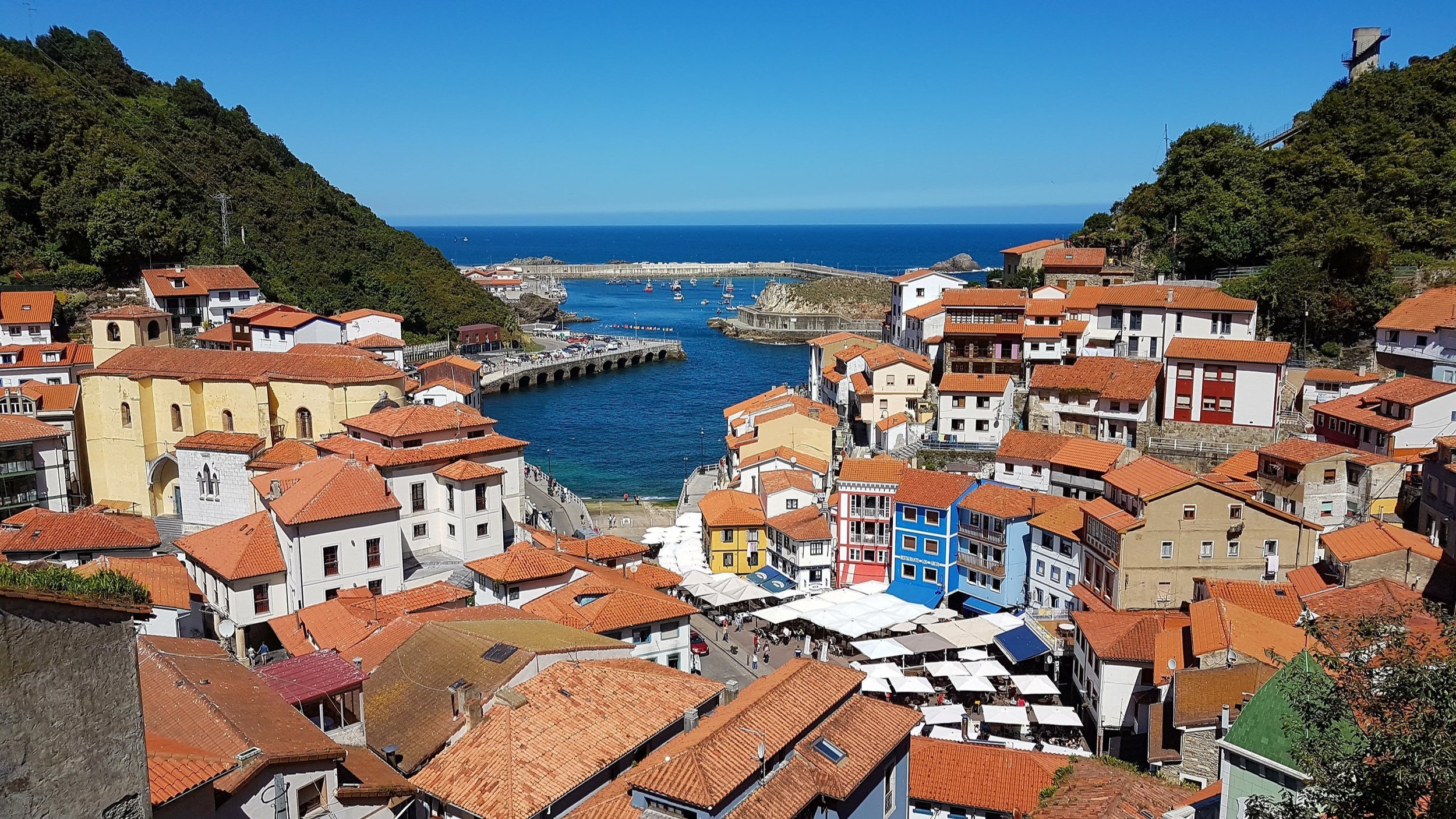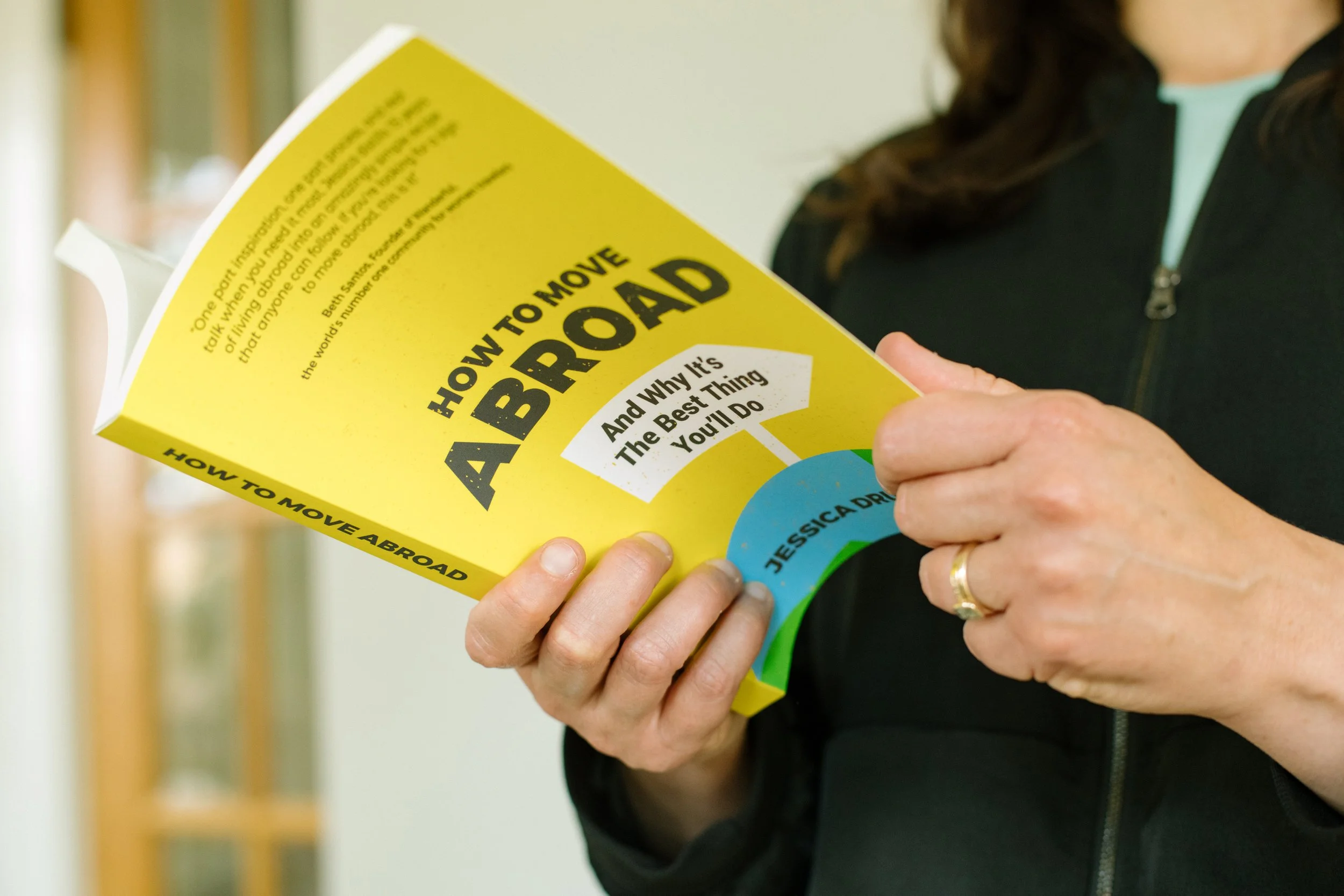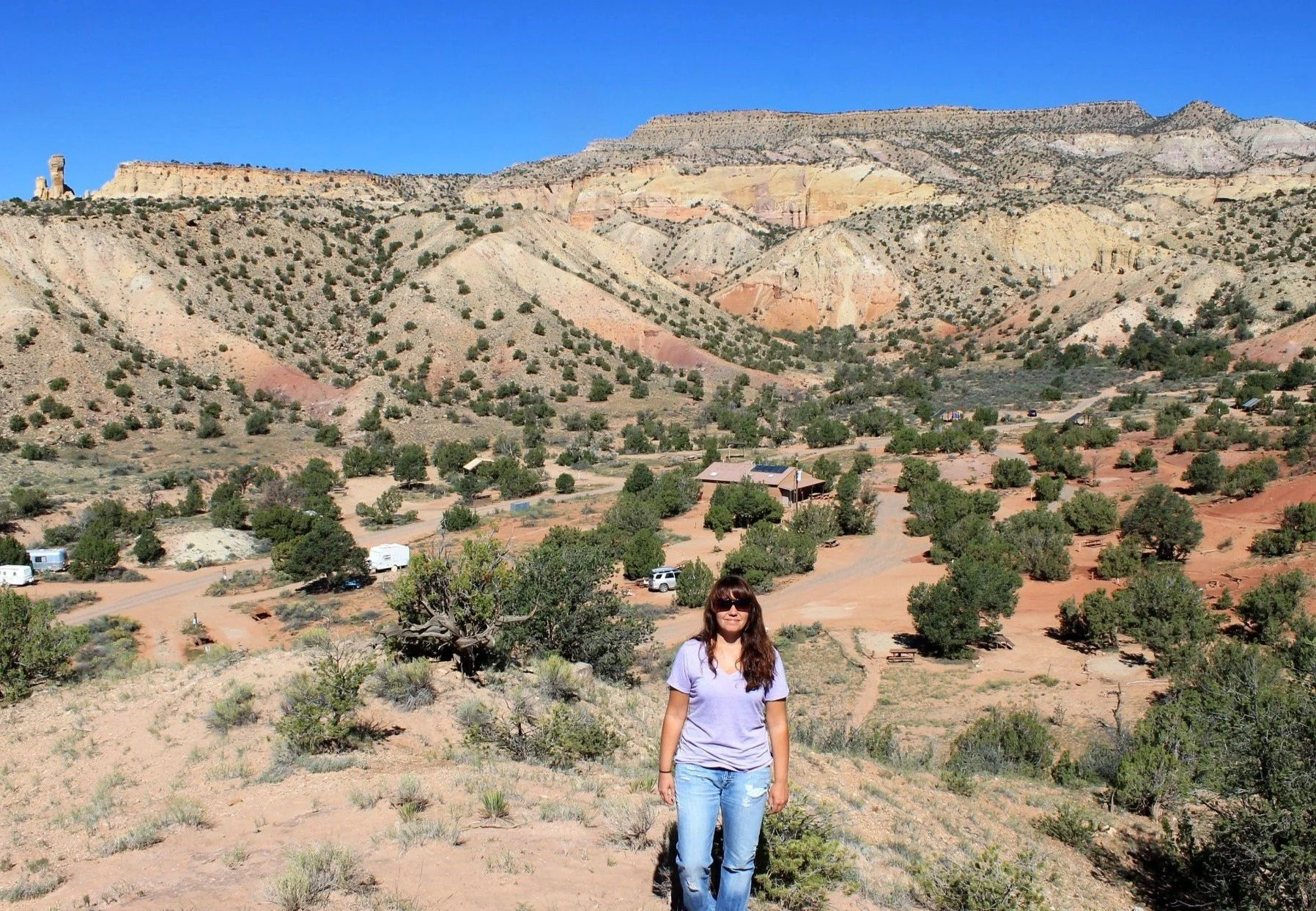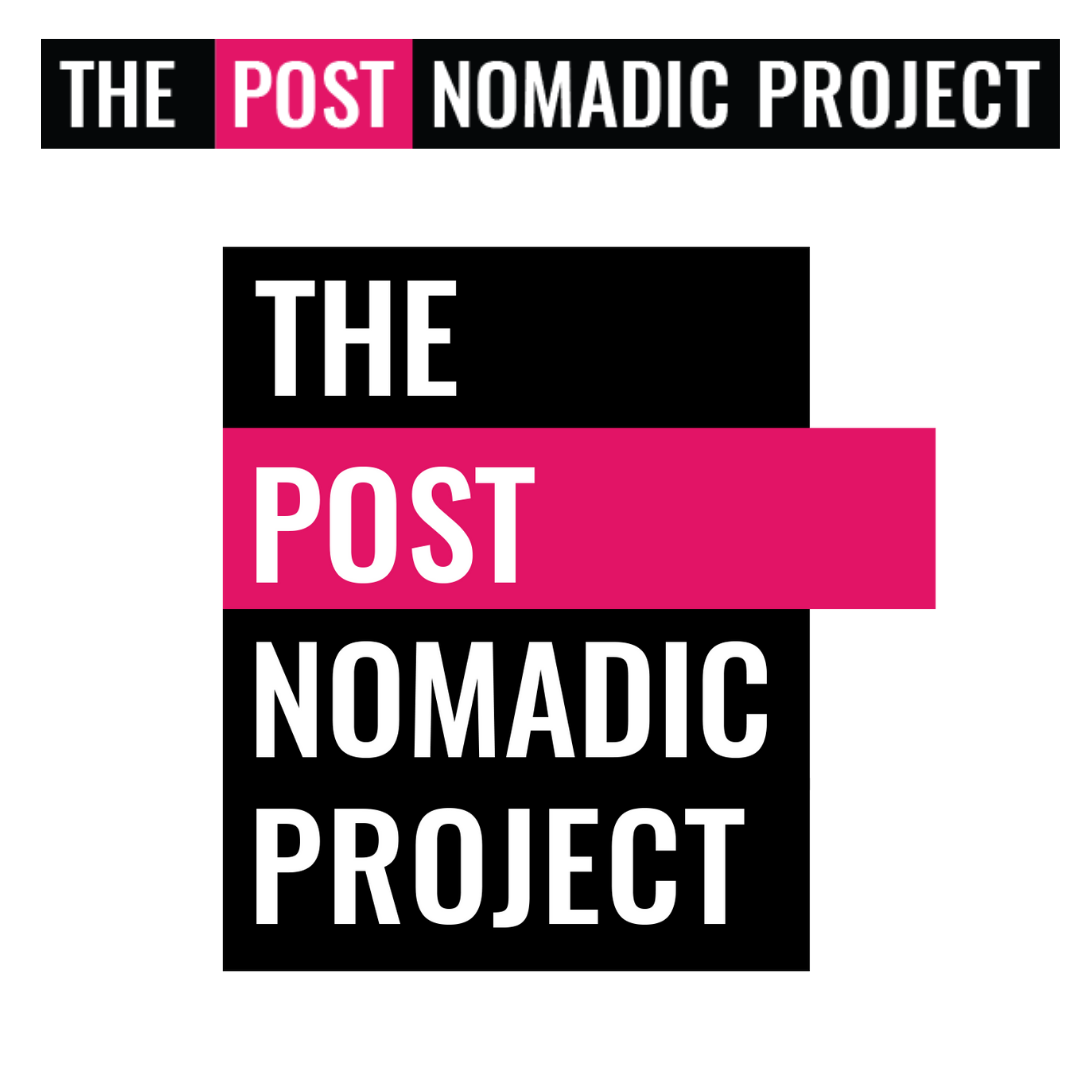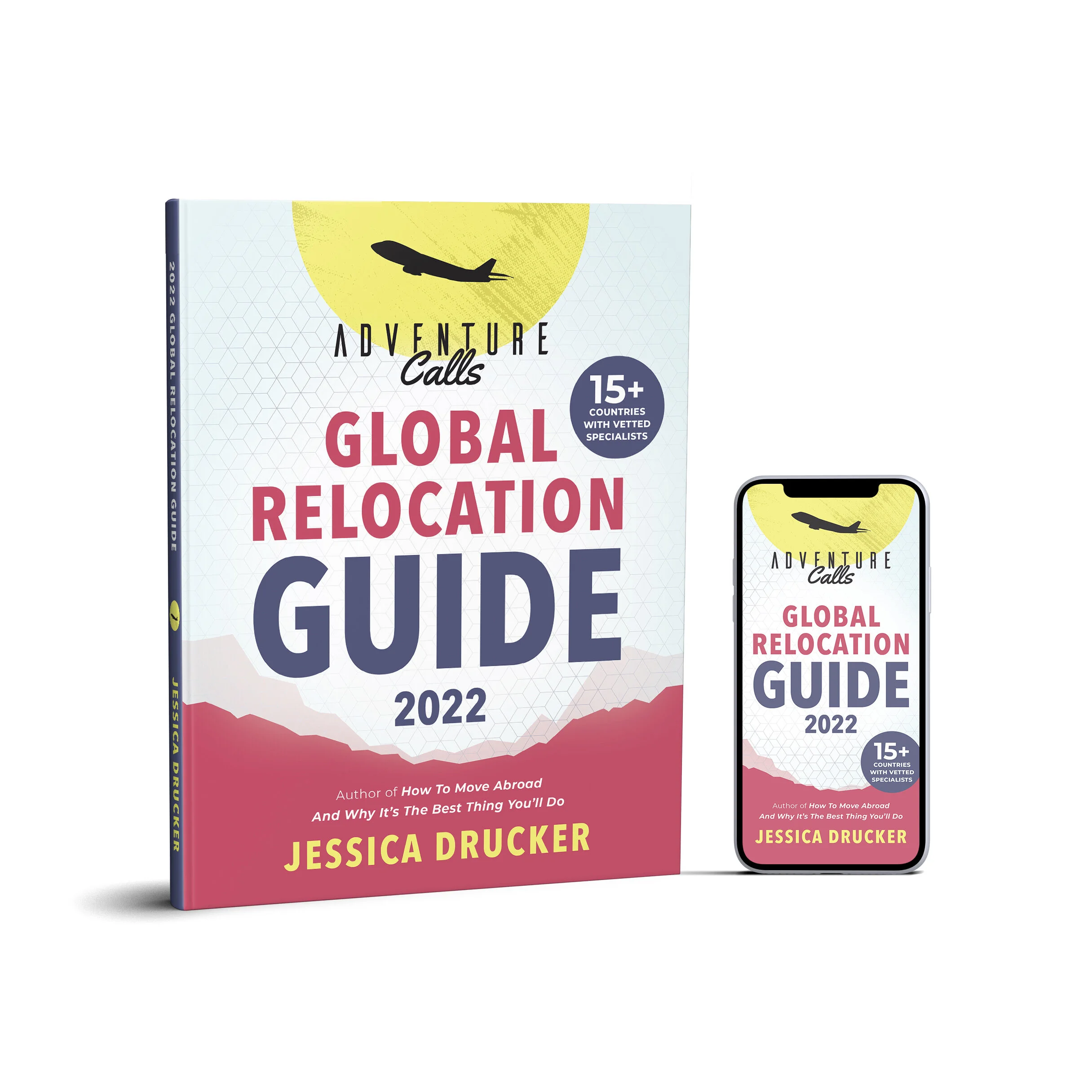4 million people quit their jobs in July 2021, breaking the highest ever record from April of this year.
Then, in August, the same number quit again - 4 million more.
In total so far in 2021, over 25 million people have quit their jobs.
What is The Great Resignation?
This movement is being called The Great Resignation, and it’s only gaining momentum.
A few months ago, this wasn’t even a term that we used. In May of 2021, Google Trends shows that just six (6) people had mentioned the term ‘The Great Resignation’. By November 2021, every major news publication and plenty of bloggers, influencers and talking heads mention this term on a daily basis.
The search term The Great Resignation has increased by at least 15x.
What is happening out there that people (at least in the United States) are willing to quit their jobs and forgo protections like health insurance coverage?
The Great Resignation: why now?
In the Forbes article, The Incredibly Simple Reason Behind The Great Resignation, written by multi-hyphenate CEO Liz Elting, the author breaks down the economics to explain that, as a result of the pandemic and recovery period, there are 10 million open jobs and seven million unemployed people, so the people have the collective bargaining power to demand more flexible work hours, remote work, higher wages and better treatment.
The power to change the system comes, in large part, from the collective pause the pandemic gave us to reflect on the way we live our lives. Jonathan Caballero, a 27 year old software developer quoted in this NPR article on the subject articulated this by explaining that the pandemic changed his mindset from valuing his career to valuing his time - and that means avoiding the 45 minute commute, for starters.
Who is resigning?
The Morning Brew podcast called Founders Journal explores these thoughts a bit further, but the answer is… everyone. Also - not who you might think.
This isn’t only a movement for untethered 22 year old software developers.
Essentially, now that we all know that remote work works, we are no longer forced to organize our lives around where our jobs are located. We can integrate our jobs more seamlessly into our lives - if we desire.
That’s why resignation rates are highest among mid-career employees, between 30 and 45 years old. This could be due to pent up demand after staying longer at a job due to uncertainty during the pandemic.
But it could also be that this kind of freedom is contagious and has finally taken hold.
Not just the realization that you can work from anywhere, but that you don’t have to stand for hating your job, putting up with bosses you don’t like, or commuting for hours a day just to do the work you could be doing from home.
Working from home is one way to do that, but we can also now work from anywhere. And for some, that may be the couch, yes. Or the local coffee shop. But it might also be from the beach in Mexico, a hotel in Berlin or a second home in Thailand.
This sounds very familiar to many of us.
We’ve seen this before: The Great Recession
We are reaching the apex of The Great Resignation, but some of us have been living this lifestyle since the last economic disruptor - The Great Recession. Tim Ferriss’ The 4-Hour Workweek is the most popular of hundreds of books, blogs, and podcasts that have been promoting the Work From Anywhere lifestyle ever since the magical moment when laptops got small enough and wifi got fast enough to work from anywhere around the globe.
I started this lifestyle in 2009
In 2009, I was freelancing as a travel writer and video producer for destination marketing organizations in London, working from my kitchen in an area of London not many expats move to called Deptford. It was one of the few neighborhoods where my partner and I could afford our own two-bedroom, two-bathroom apartment and live somewhat comfortably on our mediocre salaries. The apartment had come furnished, but with the exception of the Reservoir Dogs painting on the wall near the front door, the pleather furniture and glass kitchen table were miserable to work from. And paying London rent started to seem silly, since no one I worked with ever needed to meet in person.
I wasn’t able to shake the thought that I could be living back in Guatemala, paying $350 a month rent, earning £1800 ($2100), and living such a better life, I thought to myself.
One year later, I did just that. We set off to Los Angeles and Las Vegas first before flying to Mexico City and traveling all of Central America by chicken bus for six months, all while working from our laptops in hostels and hotels along the way. From there, I would continue to Europe, South East Asia, North America, and South America before ending the relationship in 2014.
That was four straight years of living as a digital nomad and seeing the world while running a blog and a freelance travel company.
Back then, this was a very alternative way to live.
The idea of work/life balance is now mainstream.
On the Season 3 launch of Adventure Calls, I talk to Libryia Jones, remote work expert who teaches how to work remotely, from anywhere around the world.
Workers who desire to go abroad don’t have to actually quit your job and struggle to find a job in a new country. You can work remotely and take your job with you.
You can take the same size leap (living abroad) without the same size risk (finding a job in a foreign country and a foreign language).
When I asked Libryia how to find remote jobs, her advice was surprisingly simple.
Step 1: Look for remote jobs
Step 2: Apply for remote jobs
Step 3: Differentiate whether they are work from anywhere or work from US jobs.
The underlying message is clear: if you want remote work, focus and look for it - because it’s there.
Note: some jobs say they are remote but require you to be based in the United States, while others are remote and allow you to live anywhere. It’s very important to differentiate that, and to know whether or not you might want to take your job abroad.
Libryia recommends three sites to start your search:
Flexjobs.com
Myremotework.com
Remote.co
If you can’t find a full-time remote job, or you just don’t have the patience to wait, you can also start freelance projects on sites like Upwork.com, among others.
Some people prefer to join programs with more support, like Remote Year and Unsettled (Season 1 podcast guest Michael Youngblood) that plan much of the experience for you, and take care of all the planning and logistics for programs up to one year!
The next step in planning your work from anywhere lifestyle is to choose the kind of ‘anywhere’ you want.
Do you just want freedom from the commute and toxic water cooler culture?
Do you want to travel full time as a digital nomad?
Do you want to settle down for longer periods of time in one place abroad - and become an expat?
Let’s look at all three of these decisions:
Working from anywhere in the United States
This is incredibly liberating and allows you to explore the US as a traveler, and possibly sneak in a couple of weeks of work while abroad on an extended or extra vacation. This would come with no tax implications that surface when you are out of the country for several months per year. This is ideal for anyone who isn’t looking to move abroad.Becoming a digital nomad with your remote job
First, very importantly, make sure that your job is the kind of job where you can work from anywhere, not just anywhere in the United States. This is important because your company is legally required to stay tax compliant, and if their employees are filing income taxes that in any way indicate they are living abroad, they need to know and be accounting for that from day 1.
Next, let’s define what a digital nomad is: someone who travels year round, staying for days, weeks or months, in various locations around the world. Usually, the digital nomad stays - at maximum - for the length of the tourist visa they acquire on arrival (the stamp you get in your passport). You are on a tourist visa and can not overstay that visa, so you hop to the next country after that. Or you might just spend a week in a country and move on. It’s entirely up to you!
In terms of visa and tax compliance, the digital nomad lifestyle is almost entirely a gray area, because nations haven’t caught up with the flexibility of life working from anywhere with a laptop.
First, as a digital nomad, you are on a tourist visa, which also doesn’t technically allow you to be working. Technically, in order to work in any country where you are not a legal resident, you must acquire a work visa, no matter what country you ‘move to’.
The argument can be made (and most nomads would argue) that the nomadic life means that you are not ‘moving’ anywhere, nothing is permanent and you are working a job or on a business outside of the country.
However, most countries require taxes on any income earned inside their borders, and if technology and tracking were somehow easier, this would be much easier for them to enforce and collect.
One way around that is through the honor system that some countries are putting into place with Digital Nomad Visas.
Essentially extended tourist visas, a Digital Nomad Visa allows you to stay in a country and legally work with your remote job for up to a year or two years. You pay taxes in the host country, file in your home country. You wouldn’t have access to the public healthcare system there, but you would be able to rent a longer term apartment rather than Airbnbs.
Countries offering Digital Nomad Visas:
Thailand
Estonia
Antigua + Barbuda
Spain
Top tip: hire an international expat tax consultant to make sure you are above board with this. If you need further help settling in, consider hiring a relocation consultant.
International Expat Tax Consultant: Cloud Expat Tax
Hire a relocation consultant from the 2022 Global Relocation Guide.
3. Become an expat abroad while working from ‘home’
Up until very recently, if you wanted to move abroad with your company, you would have been considered a corporate expat. The company would have paid for you to be relocated to do an in-person job at a branch of the firm abroad - heading up a new division in a corporate office or improving conditions in a factory. This type of corporate relocation still exists, of course, but there are now plenty of remote employees who can just pick up and go for themselves.
Not all countries have adapted to this new normal and for some, the digital nomad visa is the best you can get while having your feet planted firmly in two worlds.
However, there are benefits to settling more permanently elsewhere, and so you might want to consider countries that offer what they call self-employment visas or non-lucrative visas, where you work in one country while living in another.
This is probably the hardest to pull off right now, but the advantage of expat life over that of a digital nomad is one of formal stability. As a digital nomad, you are not interested in formally settling in - you won’t rent a long term apartment, pay utilities, get cable or a local Netflix account, you won’t get on the public healthcare system or get a local drivers license.
As an expat, these are the things that it takes to settle in and really, legally, live somewhere. Renting or buying a home, getting a local license, perhaps your kids will go to school locally, for example. You can also stay beyond a timeframe of 90 days (the usual tourist visa), create a circle of friends, and make a life for yourself.
The future of work is changing dramatically, and the countries that can be nimble, and create new adaptive visa and immigration policies will see the benefit of this new Work From Anywhere culture.
As an individual, you just have to decide which of those avenues feel the best for you.
Either way, you no longer need to be chained to a desk or a commute. You no longer have to surround yourself in toxic or banal conversations with people who bring you no joy. You no longer have to live in a town just because that is where you got a job. And you no longer have to keep or leave a job just because you need to move to another city.
Ready to stay inspired?
Head over to wherever you listen to podcasts and listen to the first episode Season 3 of Adventure Calls - How To Create Freedom Through Remote Work, with Libryia Jones.
Listen here
Want to move abroad?
Pick up a copy of How To Move Abroad And Why It’s The Best Thing You’ll Do.
Need help figuring out how to relocate abroad? Pick up a copy of the 2022 Global Relocation Guide and connect with curated, vetted relocation specialists in countries around the world.






